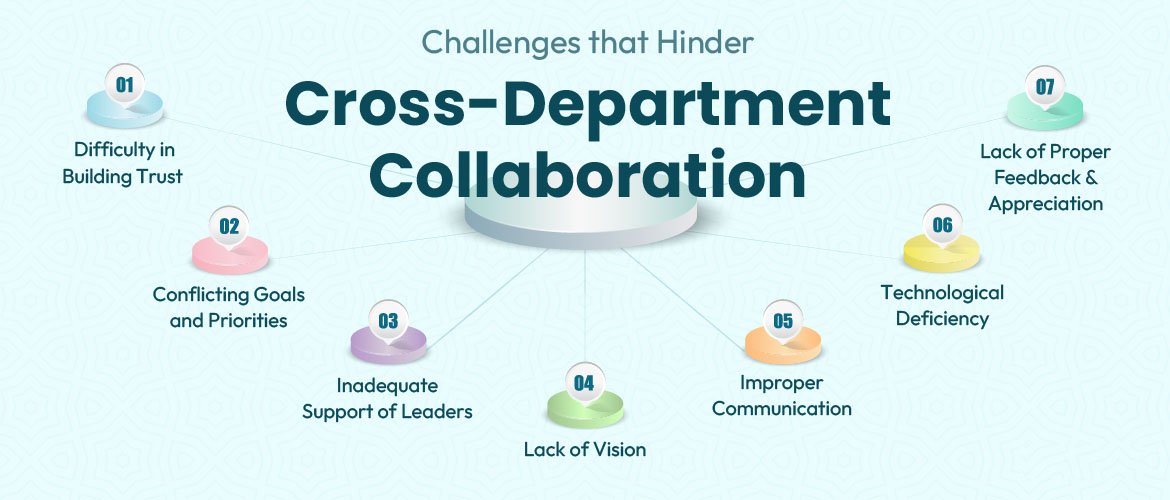Product based companies vs service-based companies - What to look out for when sitting for placements
You worked hard to get into the college of your choice, you studied hard and aced your college exams for four years, and now it’s finally time for you to get placed. Placements are a different thing of their own. It is not an exam, but it is a process that you need to prepare for diligently, just like your exams, in order to get what you want, and for that, you need to pick out which type of job is suitable for you: product Based companies or service-based companies.
If you are studying CS engineering, it is crucial that from an early stage, you define your interests clearly and move towards a particular style of development in order to give shape to your career properly. The same goes for choosing whether you want to go work for a product-based company or a service-based company since the work that you have to do for both is quite different. Have a hard time following? Let’s explore the details of your work at product-based vs. service-based companies and understand the differences in order to help you make the right choice.
Difference Between Product Based & Service Based Companies
To give you a fundamental perspective, product-based companies are those that create make their own software, such as Microsoft and Adobe. Service-based companies are generally consultancies that work for clients and develop client projects. They generally do not develop any software of their own, so there is a difference in the work culture and skillsets required in working for the different organizations; let’s explore the differences.
Team Size
One of the key differences between product-based companies vs. service-based companies is the team size. Product-based companies utilise smaller tightly-knit teams in which every member has a distinct and set role to play. For service-based companies, the team sizes are huge, and the teams are a lot more loosely based.
Placement Requirements
There is a common myth that product-based companies only hire students from the top most colleges in India, such as IITs and NITs. This is not true; given you have the required skills and interest in excelling in your career, you too can get placed in the top product-based companies without any problems. Service-based companies, however, are said to have a lower bar for entry, and that is true. You can get placed in service-based companies more easily than compared to product-based companies as a fresher engineer.
Working Environment
The working environment is one of the main differences between product and service-based companies. In service-based companies, the employees have to work on very tight deadlines and do not have as many employee-friendly policies in place. For product-based companies, the situation is quite different. The working environment is a lot less tense and have much more flexibility in terms of deadlines. You will also be able to find a lot more employee-friendly policies in place at product-based companies to defend and meet the requirements of the people working in the company.
Final Thoughts
Those are some of the differences between product-based and service-based companies. It is visible that product-based companies offer more lucrative working opportunities, but they are harder to crack. So, for getting started, if you get a job at a service-based company, it is in your best interest to take it since having some experience in the industry can help you switch later.
One of the key differentiators that can direct whether you get placed in a product-based or service-based company is your college, so if you are looking for a top college that can give you the platform you need to excel in your career, look no further than Jodhpur Institute of Engineering and Technology, the number 1 private engineering college in Rajasthan.


















